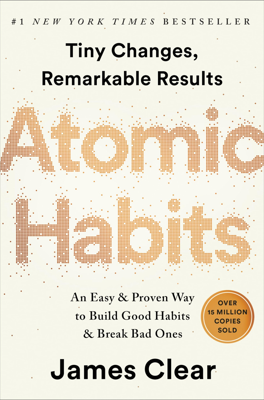The Fundamentals: Why Tiny Changes Make a Big Difference
In 2003, British Cycling appointed Dave Brailsford as its new performance director. Prior to his arrival, the team had a century-long history of underwhelming results, including only one Olympic gold medal since 1908 and no wins in the Tour de France. Brailsford implemented the "aggregation of marginal gains," a philosophy of making a series of 1% improvements in various aspects of cycling. Adjustments ranged from redesigning bike seats and using heated overshorts to testing fabrics in wind tunnels and even painting the inside of the team truck white to spot dust.
These small improvements led to exceptional results. By 2008, British cyclists dominated the Beijing Olympics, winning 60% of the gold medals available. The success continued with nine Olympic records and seven world records at the 2012 London Olympics. Additionally, British riders like Bradley Wiggins and Chris Froome claimed five Tour de France victories between 2012 and 2017.
The story illustrates the power of small, consistent improvements. While improving by 1% might seem trivial, compounded over time, it can result in significant gains. Small habits operate like compound interest: they grow steadily, becoming powerful over extended periods. Conversely, small declines can accumulate into major problems.
Habits are critical here; each action is either a vote for who you want to become or a setback. Your outcomes are a lagging measure of your habits. Therefore, focusing on daily habits rather than grand, one-time actions is crucial for long-term success. The trajectory of your habits predicts your future better than any immediate result.
To optimize habits, it's essential to understand that time magnifies the margin between success and failure. Good habits make time your ally; bad habits make time your enemy. Changing your outcomes means starting with small habits, but these habits should be part of a larger system, not isolated actions. By concentrating on refining your systems, like British Cycling did, you can achieve remarkable results over time.
In essence, your habits determine your success; they are the building blocks of your future self.
